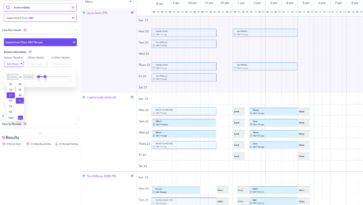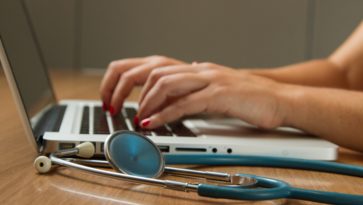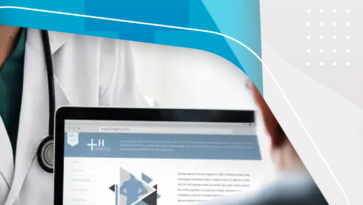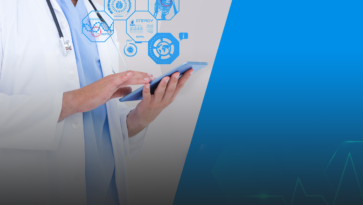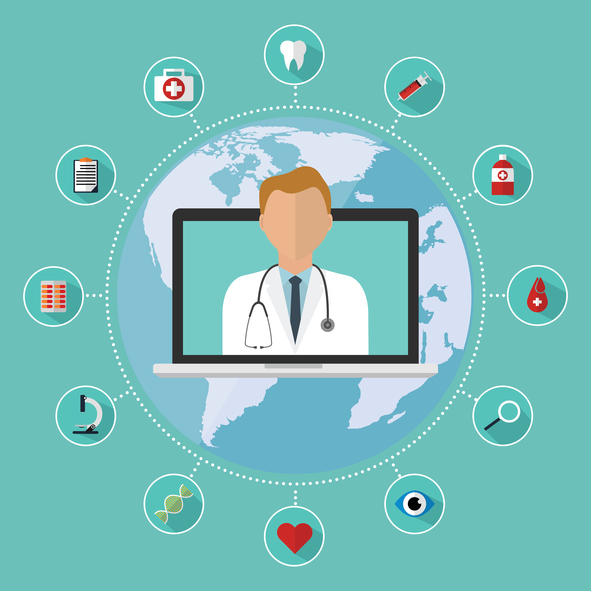
We’ve reached the point where there’s an app for just about anything you could imagine, even healthcare monitoring. More than 165,000 health-related apps are available, as of 2015, and nearly 30 percent of them focus on behavioral health — and both patients and providers have much to gain from these apps.
Behavioral health apps, which are often designed with the input of medical professionals, use gamification, repetitive commands, check-ins, and/or records-logging systems to record and improve behavioral health patterns.
Historically, doctors only see brief snapshots of patients’ medical histories during their occasional appointments. However, with the greater amount of regular data and communication that health apps provide, doctors can now gain valuable insights into a patient’s day-to-day life outside of those appointments. For instance, if a doctor prescribes a set of exercises, a behavioral health app can track and record whether the patient is actually doing them, granting a closer look at the patient’s everyday behavior, which can ultimately lead to better teamwork between the patient and healthcare providers.
With the right mental health apps, psychiatrists, therapists, and counselors can build bridges that intelligently extend and bolster patients’ treatment and maintenance options without overextending their resources.
This ability to gather information, intervene, and synthesize a patient’s health history outside of a specialist’s office provides unique advantages for behavioral health, including the ability to:
Unlike a physical checkup, psychiatric interviews can be conducted with off-the-shelf technology, such as a phone or laptop with FaceTime. Remote treatment, especially when enhanced by mobile apps, means behavioral health professionals can expand their reach to collaborate with individuals in low-resource areas, including other states where they hold licenses.
Gather data and deliver interventions remotely
Mobile apps can probe patients for data by asking how they feel at certain points in the day, which is much more accurate than having them recall their feelings weeks after the fact. Doctors can gain an unprecedented, real-time view into their patients’ daily lives, and applicable software allows them to encourage behavioral modifications remotely when appropriate.
Enhance a patient’s social support structure
A healthy social support structure is perhaps the most important component of behavioral health, and certain apps make building and maintaining that structure easier for patients’ families. Loved ones can stay engaged through software, enabling them to take a more active role in the patient’s care.
Synthesize a complete story
The fragmentation of care is a big problem, especially in behavioral health. Using technology to synthesize and store the complete patient data for future insights can be extremely valuable for the patient’s well-being.
Ultimately, what this technological progress means is that behavioral health professionals can expect to gain far more meaningful insight into their patients’ progress (or struggles). This insight has the potential to fundamentally enhance the services that patients receive and significantly improve the doctor-patient relationship by enabling mental health professionals to deliver care in a collaborative, highly personalized way.
Security of patient personal health information
One more issue that cannot be stressed enough is the importance of HIPAA compliance. Patient security is, of course, a priority in every healthcare tech initiative, but because the FDA has taken a step back in regulating health apps, it bears even more gravity here. Those looking to utilize an app already on the market should ensure its team has a HIPAA-compliant background, while those wanting to design their own apps should partner with HIPAA-compliant tech entities.
An easy-to-use, purposeful behavioral health app can greatly aid in a patient’s day-to-day self-care and a doctor’s understanding of the patient. As we continue to move further into the connected age, it will become increasingly more normal for patients to monitor and take care of themselves via health apps.
Consequently, there will also be a greater expectation from patients that their healthcare providers be knowledgeable in the world of behavioral health apps, meaning healthcare providers should aim to become as well-versed as they can on the subject.
Illustration: nicescene, Getty Images

